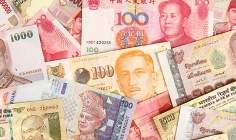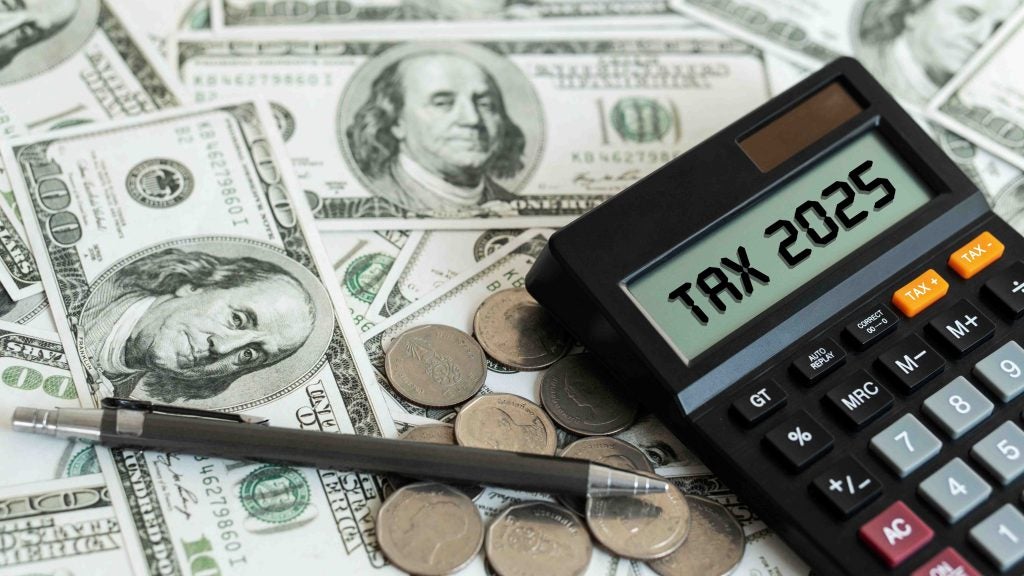
The cost of luxury living in Asia rose by 1.42% on an aggregate basis in USD terms in 2017, with Hong Kong replacing Shanghai as the most expensive city, according to Julius Baer’s latest Asia wealth report.
In this year, the biggest price gains in Asia were recorded in cigars, men’s suits and legal fees, while the biggest declines were recorded in hotel suites, ladies’ handbags and botox.
The study, which tracked price movements of 22 luxury items in 11 Asian cities, ranked Shanghai and Singapore as the second and third most expensive cities respectively.
Hong Kong’s ranking climbed due to increasing residential property prices, the study said, with its prime real estate of $51,594 per square metres found to be 2.69 times more expensive than the Asian average of $19,150. The city also emerged as the most expensive city for fine dining and business class flights in 2017.
Both Shanghai and Singapore dropped one notch from their previous year rankings, with a weaker Chinese yuan and a moderation in property prices in Singapore being the key factors.
However, Shanghai retained its spot for the third consecutive year as the most expensive city for Lasik, wine, jewellery, botox, cigars, and high-end skin cream.
Meanwhile, Kuala Lumpur displaced Mumbai as the least expensive city in Asia this year and emerged as the most competitive city to rent a hotel suite and to buy property, watches, wines and pianos. The ranking of the Malaysian city was found to be driven by the continued depreciation of the ringgit against a strengthening rupee, the study revealed.
Julius Baer Group CEO Boris Collardi said: “Wealthier Asian consumers and their increasing discretionary spending play an ever more important role in driving global consumer demand. Our report has provided valuable insights into these developments for the last seven years with a view to helping investors look beyond short-term markets.”







